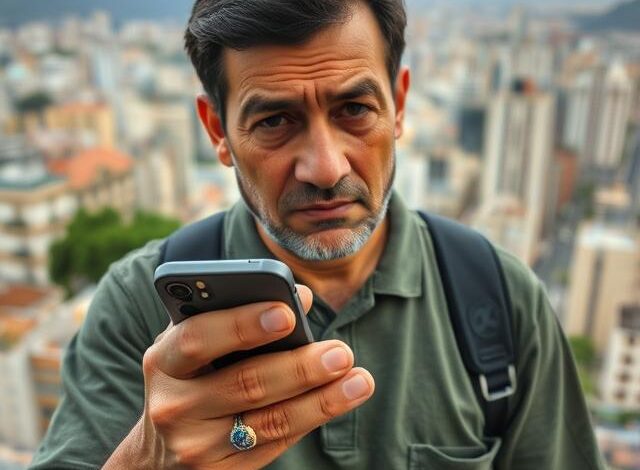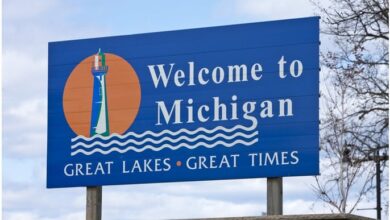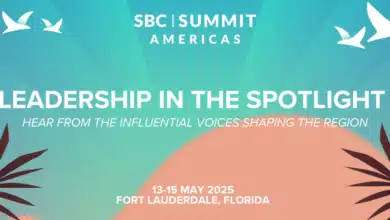Deadline Extended to Allow Compliance with Brazil’s Betting Ban Affecting Social Welfare Recipients

The contentious issue surrounding the ban on betting for social welfare beneficiaries in Brazil was officially announced in late September, stirring debate across the country. The measure aims to restrict vulnerable populations from engaging in gambling activities using welfare funds, a move that has sparked both support and criticism. Brazil betting ban
In response to this regulation, the Secretariat of Prizes and Bets (SPA) has decided to grant an additional 30 days for betting operators in Brazil to come into compliance with the new rules. This extension comes after the publication of Normative Ordinance No 2,217/2025 and Normative Instruction No 22 on September 30, which explicitly prohibit recipients of social welfare programs such as Bolsa Família from participating in fixed-odds betting. The regulation is rooted in a November 2024 Supreme Federal Court ruling that upheld an emergency measure banning gambling with social welfare proceeds.
Initially, operators were given a 30-day window to act—closing the accounts of individuals receiving benefits from programs like Bolsa Família and Continuous Benefit Payment schemes. However, as this deadline approached, the SPA decided to extend the period, though specific reasons for this delay have not been disclosed. The move indicates a potential recognition of the complexities involved in enforcing the ban.
Following the formal announcement, concerns have been raised about the possible unintended consequences of the ban. SPA chief Regis Dudena expressed confidence that the prohibition would shield vulnerable Brazilians from betting beyond their financial means. Nonetheless, critics warn that many will still seek ways to gamble through illegal channels. The National Association of Games and Lotteries (ANJL) voiced its disapproval of the ban, especially since it contradicts the Supreme Court’s original decision, which only prohibited welfare recipients from betting with their benefits—not an outright ban on gambling.
Read also: NBA Gambling Arrests Ignite Congressional Outcry
An ANJL-commissioned study, shared with BNL Data, revealed that approximately 45% of social welfare beneficiaries plan to migrate to the black market to continue gambling once the ban takes effect. Industry experts like Ed Birkin, managing director of H2 Gambling Capital, have previously cautioned against this shift. Birkin noted that despite well-meaning intentions, the ban might simply drive gambling activity underground: “There may be some who say, frankly, you should spend money on what you want. But if you’ve been given benefits for a certain reason, then that’s it. But this idea that they can stop them betting; unless they’re able to really go down to restricting almost what they can spend it on [and say] you cannot spend it with a legal betting operator, they’re just spending with the illegal ones.”














